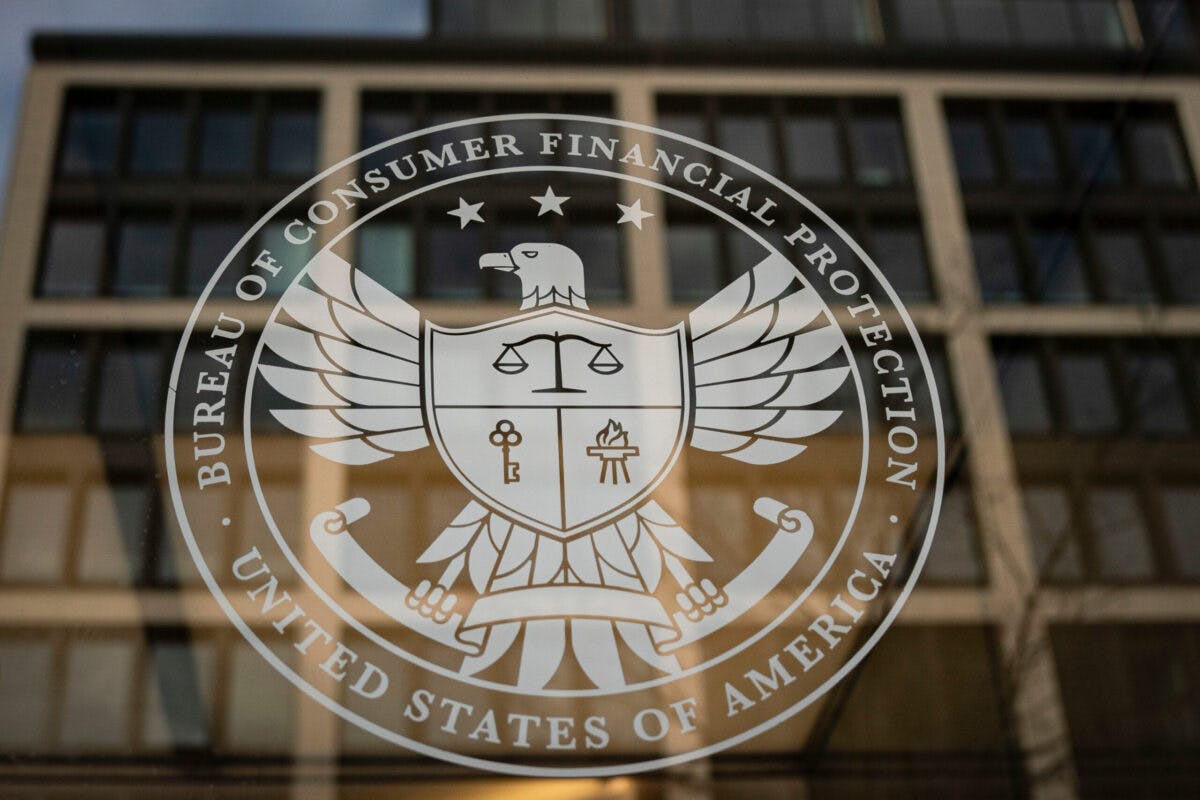A significant clash is escalating within the financial sector as traditional banks and innovative fintech companies find themselves at odds over the contentious issue of consumer data access. At the heart of this dispute is the massive volume of private financial data routinely accessed by third-party intermediaries, sparking concerns about privacy, security, and the future of digital banking.
JPMorgan Chase recently brought this simmering conflict to a head, highlighting how financial middlemen, primarily fintech firms, are leveraging a regulatory loophole to gain extensive access to sensitive consumer information. These companies facilitate the transfer of financial data between bank accounts and various finance applications, often conducting multiple daily requests for data, many of which are not directly initiated by the consumers themselves for specific transactions.
The foundation of this broad data access lies in a Biden-era “open banking” rule, designed to foster innovation and consumer control over their financial information. While fintechs ostensibly utilize this data to enhance product offerings and bolster fraud prevention measures, there is also the practice of harvesting this valuable information for commercial sale, raising red flags about data monetization and consumer consent, which is frequently buried within lengthy and complex “Terms and Conditions” agreements.
This situation has already led to legal battles, with a coalition of banks filing a lawsuit against the Consumer Financial Protection Bureau (CFPB) in October 2024. The banks argued that the “open banking” rule constituted an overreach of the CFPB’s authority and significantly amplified the risk of financial fraud for consumers, a claim with which the regulatory agency initially concurred.
However, the CFPB’s stance dramatically shifted following JPMorgan’s public announcement of its intent to impose charges on financial middlemen for accessing consumer data. This pivotal development prompted the Bureau to reverse its earlier position and commit to initiating a new rulemaking process, signaling a comprehensive reevaluation of the controversial regulation and a move towards substantial revisions.
JPMorgan Chase defended its proposed fee structure as a necessary measure to offset the considerable costs associated with managing a vast infrastructure for data requests and mitigating the escalating claims of fraud. The bank posited that the revenue generated from these fees would be crucial for maintaining robust data request systems and enhancing overall banking security for its customers.
Predictably, this proposal drew immediate and fierce criticism from the fintech industry, which warned that such fees could severely impede their operations, potentially forcing smaller tech companies out of business. For instance, Plaid, a prominent fintech firm, estimated that JPMorgan’s proposed fees could cost it an astounding $300 million annually, given its substantial volume of data requests, with only a small fraction of these being customer-initiated.
The contentious issue has also resonated beyond financial circles, drawing commentary from influential public figures. Both tech investor David Sacks and Donald Trump Jr. publicly voiced their concerns on social media, with Sacks characterizing the proposed rule as “concerning,” further amplifying the public discourse surrounding data access and financial innovation.
As the CFPB prepares to embark on a new rulemaking process, the financial industry remains on tenterhooks. The outcome of this impending reform will undoubtedly reshape the landscape of consumer data access, impacting everything from banking security protocols and fintech innovation to the fundamental rights of individuals over their private financial information.






Leave a Reply